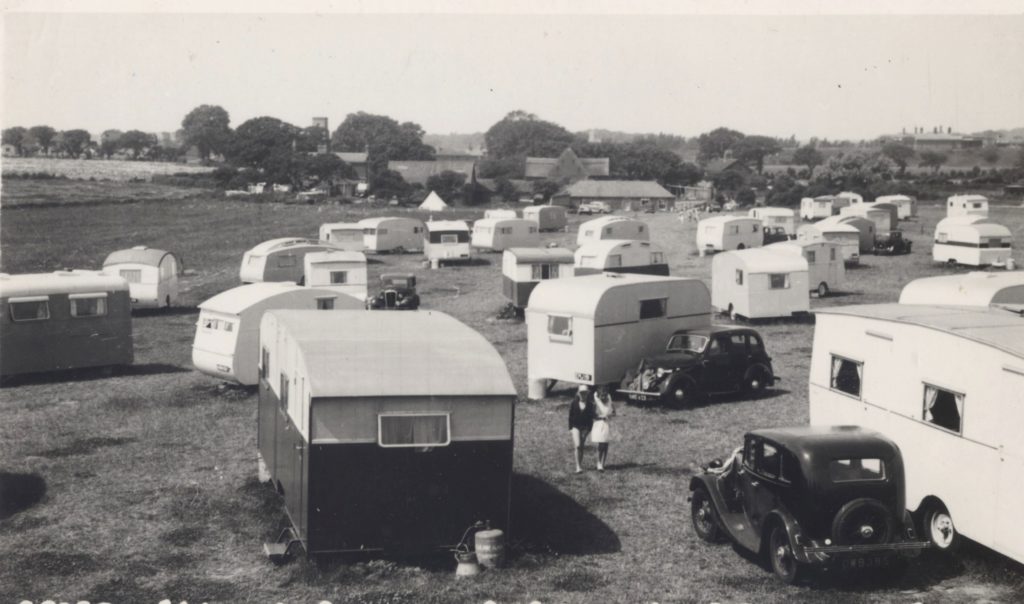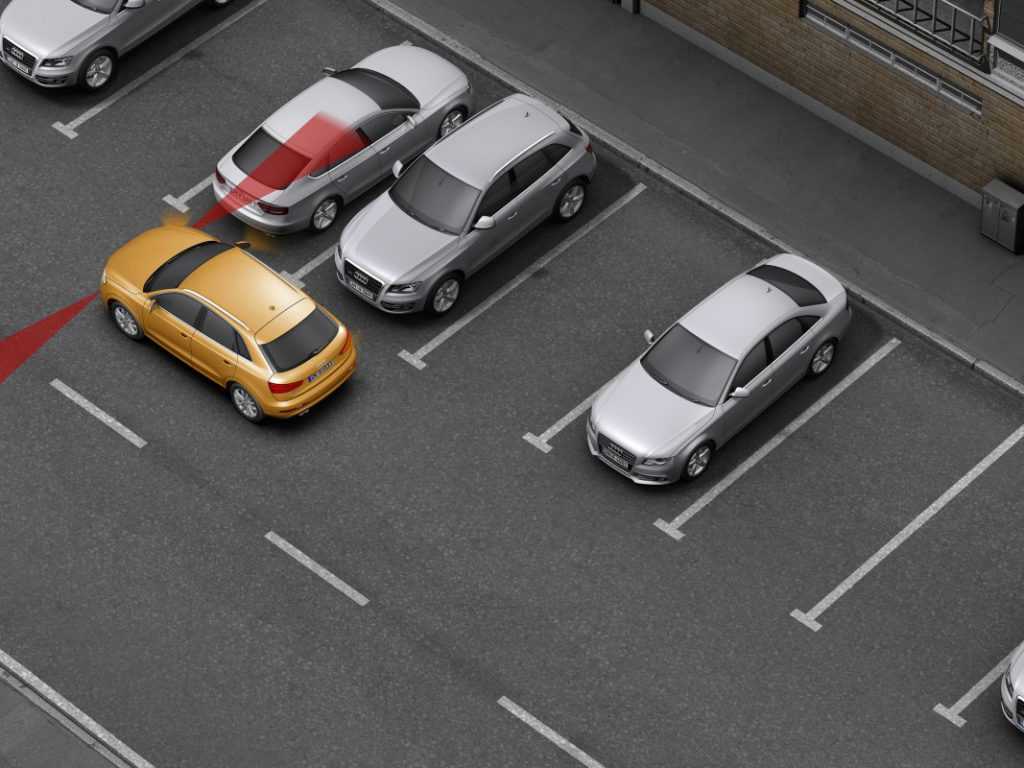Introduction
Brief overview of the topic:
The question, “can you park a caravan on the street?” is one that many caravan owners grapple with. As caravans become an increasingly popular choice for holidays and even as alternative living spaces, understanding where and how to park them becomes crucial.
Importance of understanding parking regulations:
Parking a caravan isn’t as straightforward as parking a regular vehicle. With varying sizes and requirements, caravan parking on a residential street can pose challenges. It’s essential to be aware of local regulations, not only to avoid penalties but also to ensure safety and maintain harmony within neighborhoods.
History of Caravan Parking
Evolution of caravans and their popularity:
Caravans have evolved significantly over the decades, transitioning from simple towed vehicles to sophisticated mobile homes. As they’ve grown in popularity, the issue of caravan parking on streets has become a topic of discussion in many communities.
Historical regulations and changes over time:
Historically, there were fewer regulations concerning where one could park a caravan. However, as urban areas became more congested and caravans larger, regulations tightened. Understanding the history of caravan parking on streets can provide insights into current rules and the reasons behind them.

Legal Aspects
National and local laws regarding caravan parking:
The answer to “can you park a caravan on the street?” largely depends on national and local laws. While some countries or states may have lenient rules, others might have strict regulations, especially in densely populated areas. It’s crucial for caravan owners to familiarize themselves with these laws to avoid legal complications.
Potential penalties for violations:
Parking a caravan on a residential street without adhering to local regulations can lead to penalties. These can range from fines to towing of the caravan. It’s not just about the potential financial implications; repeated violations can also lead to legal actions or even a ban on parking caravans in certain areas.

Safety Concerns
Risks associated with parking a caravan on the street:
Parking a caravan on the street isn’t just about finding a spot. There are safety risks to consider, such as obstructing traffic, potential break-ins, or even the caravan becoming a hazard in adverse weather conditions.
Tips for ensuring safety while parking:
To ensure safety when parking a caravan on a street, owners should choose well-lit areas, avoid blocking driveways or intersections, and use safety equipment like locks and alarms. Regular checks, especially during the night or in bad weather, can prevent potential hazards and ensure the caravan remains secure.
Neighborhood Etiquette
Considering neighbors and community sentiments:
Even if legally allowed, parking a caravan on a residential street can sometimes lead to disputes with neighbors. A large caravan might obstruct views, reduce available parking space, or simply become an eyesore if left for extended periods.
How to avoid disputes and maintain good relations:
Communication is key. Before parking a caravan on the street, it’s a good practice to inform neighbors and understand their concerns. Choosing a spot that minimizes inconvenience to others, and regularly moving the caravan, can go a long way in maintaining harmonious relations within the community.

Parking Tips and Best Practices
Finding the right spot:
When considering “can you park a caravan on the street?”, it’s essential to find the right spot. Not all streets are suitable for caravan parking. Look for wider streets, away from busy intersections, and ensure that the caravan doesn’t obstruct pedestrian pathways or cycle lanes.
Ensuring the caravan doesn’t obstruct traffic or driveways:
Caravan parking on a residential street requires careful placement. The caravan should not hinder the flow of traffic or block any driveways. It’s courteous and essential to ensure that neighbors can access their homes without any inconvenience caused by the parked caravan.

Alternative Parking Solutions
Caravan parks and their benefits:
Caravan parks are designed specifically for caravans, offering amenities and security that street parking can’t provide. For those pondering, “can you park a caravan on the street?”, caravan parks might be a more suitable option, especially for longer stays.
Renting private land or driveways:
Another alternative to caravan parking on streets is renting private land or driveways. Some homeowners offer their driveways or land for caravan parking, providing a secure and convenient solution. This can be especially useful in areas where street parking regulations are stringent.

Insurance Implications
How parking on the street might affect your insurance:
Parking a caravan on a residential street can have implications for insurance policies. Some insurance companies might have specific clauses about where the caravan can be parked overnight. Street parking might increase the risk of theft or damage, potentially leading to higher premiums.
Reporting to insurance companies and potential claims:
If you decide on caravan parking on the street, it’s crucial to inform your insurance company. Failure to do so might invalidate any claims. Moreover, in case of any damage or theft while parked on the street, having clear communication with the insurance company can expedite claims and ensure proper coverage.
Environmental Considerations
Impact on the environment due to prolonged parking:
Prolonged caravan parking on streets can have environmental implications. A stationary caravan might lead to soil compaction or prevent rainwater absorption, leading to runoff issues. Additionally, any leaks or spills from the caravan can pollute the environment.
Ways to minimize the environmental footprint:
For those concerned about the environmental impact of caravan parking on a residential street, there are ways to minimize the footprint. Using eco-friendly products, ensuring no leaks, and occasionally moving the caravan can help reduce any adverse effects on the environment.

Economic Implications
Costs associated with parking violations:
Ignoring regulations about “can you park a caravan on the street” can lead to economic implications. Fines for parking violations can accumulate, especially if the caravan is left unattended for extended periods on restricted streets.
Benefits of using paid parking facilities:
While paid parking facilities might seem like an added expense, they offer benefits that can offset the costs. These facilities provide security, amenities, and peace of mind, ensuring that the caravan is safe from potential damages or theft, which could lead to costly repairs or insurance claims.
Conclusion
The question, “can you park a caravan on the street?”, is more than just a matter of finding a vacant spot. It encompasses a myriad of considerations, from legal and safety concerns to neighborhood etiquette and environmental implications. As caravans continue to grow in popularity, the challenges associated with caravan parking on residential streets become even more pertinent. While there are clear benefits to using specialized caravan parks or renting private spaces, many still opt for the convenience of street parking. However, it’s essential to be fully informed. By understanding the historical context, legal frameworks, and the potential economic and insurance implications, caravan owners can make informed decisions that not only benefit them but also the broader community. As we navigate the evolving landscape of urban living, striking a balance between convenience and responsibility is key. Whether you’re a seasoned caravan owner or a newbie, always prioritize safety, respect local regulations, and consider the broader impact of your parking choices. In doing so, the harmonious coexistence of caravans and residential streets can indeed be a reality.



